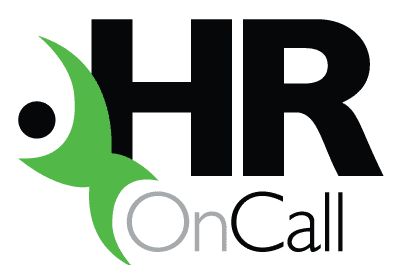Step 1: HR audit
The new financial year is only three months away. Now’s the time to get on the front foot with your company’s HR planning. This article is the first in a series where we give you a simple three-step plan to start the new financial year in great HR shape.
Your people underpin your success. So taking the time to strengthen and improve your HR systems and processes will ensure that whatever challenges and opportunities lie ahead – your business will be in fighting fit form to meet them.
Conduct a HR audit
A HR audit is a thorough review of your company’s HR practices, policies, procedures, documentation and strategies. While it may seem daunting to review every part of your human resources activities, it’s a vital first step.
A HR audit will identify any gaps or areas of HR risk. This is a good thing because it means you can take action and strengthen areas of weakness or vulnerability.
A HR audit will also objectively uncover all the things your business is doing well from a HR standpoint. This can be reassuring and also provides a great positive base to build on.
Knowing where you stand is the first step to taking the right actions to protect your business and get the best out of your people. Conducting a HR audit is the most effective way to find out.
What does a HR audit cover?
An HR audit covers every aspect of HR practice and compliance, including:
- HR strategy
- Recruitment and onboarding
- Remuneration, awards and employment standards
- Employee, engagement, training and development
- Performance management
- Termination and exit interviews
- Compliance with industrial relations system and industrial instruments
- Employer obligations
- Work health and safety and worker’s compensation
- Leave entitlements
- Record keeping and documentation
The process of a HR audit includes a discovery period in which data and information are collected. The next step is a thorough analysis of the data and documentation, against both current legislation as well as industry best practice. This leads to a set of clear and detailed recommendations in a report format.
What are the benefits of a HR audit?
The benefits of a HR audit include:
- Getting professional, objective advice about your HR practices
- Identifying areas of risk or non-compliance in order to take steps to avoid costly fines or lawsuits
- Gaining a feeling of control and certainty about what action needs to be taken
- Identifying opportunities for cost savings, improved productivity and increased employee moral
- Supporting and informing broader business planning
Without a HR audit, you can’t be sure whether you are minimising your HR risk and spending your time on the right activities.
How do I conduct a HR audit?
Get in touch with HR on Call, and one of our experienced consultations will guide you through the HR audit process. You will gain a set of clear and easy to understand recommendations and support to implement the changes if you need it.


